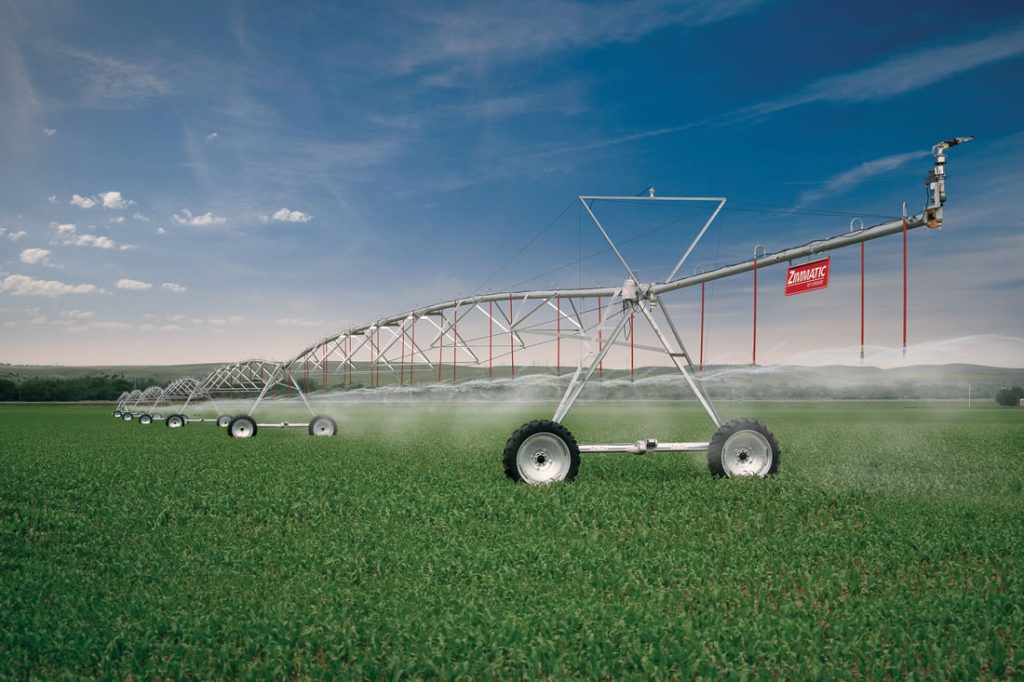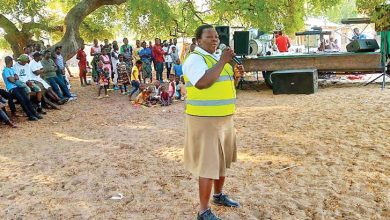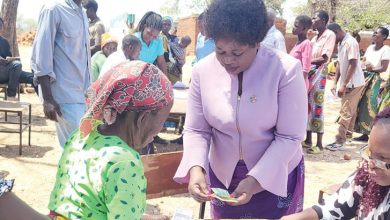Tussle over Irrigation Bill
The Irrigation Bill of 2024, approved by Cabinet in April, has ignited debate following its rejection by the Parliamentary Committee on Agriculture and Irrigation a week ago.
Despite this setback, government remains adamant that the Bill will be tabled in the House.

Scheduled for discussion in the current parliamentary session, the Bill, which is appearing on the Order Paper as Bill No 12 of 2024, was returned by committee members “due to several grey areas”, according to committee chairperson Sameer Suleman.
The Bill seeks to repeal the existing Irrigation Act and introduce a comprehensive legal framework for regulating irrigation in the country. It also proposes establishment of an Irrigation Committee as a multi-sectoral advisory body with specific functions, and the creation of the office of Director of Irrigation Services with defined duties and responsibilities.
In an interview on Wednesday, Suleman confirmed that on August 20 2024, officials from the Ministry of Agriculture, including Principal Secretary for Irrigation Geoffrey Mamba, met his committee in Salima where the members expressed their reservations.
The meeting also included representatives from the Greenbelt Authority and the Shire Valley Transformation Programme.
Suleman explained that the committee had concerns about the establishment of the Irrigation Committee and the creation of the office of Director of Irrigation Services, among other issues.
“We were surprised because we already have a functional Irrigation Department within the ministry. Why not empower that department instead of creating redundancy? Who will oversee who? We made our observations and recommendations and sent the Bill back,” Suleman stated.
However, in a telephone interview on Thursday, Mamba noted that since the Bill was already published by the Ministry of Justice, procedure allows it to be tabled in the House for further input from members of Parliament.
He said: “The concerns from the committee were noted but we will still table it in the House to get more reactions from the members, and based on how it will fare on the floor, we will take it from there.”
In a separate interview, Legal Affairs Committee of Parliament chairperson Peter Dimba said the Bill can still be tabled and amended on the floor.
Suleman also questioned the proposal to establish the Irrigation Trust Fund through the Secretary to the Treasury, which is to be administered by the Irrigation Committee.
The Bill states that the fund’s objective is to promote sustainable irrigation development and management to enhance agricultural productivity and commercialisation.
The fund will consist of sums appropriated by the National Assembly from time to time, as well as bequests, donations, and grants.
Among others, the fund shall be used to construct, upgrade, rehabilitate or modernise irrigation schemes and also provide loans to developers of irrigation schemes.
Said Suleman: “Most of the time, the government rushes with their Bills to appear proactive, whether for securing funding or gaining political mileage. As a committee, we will not pass Bills for the sake of it. We will pass Bills that will benefit Malawians after proper scrutiny.”
He emphasised that government needs to consult more and involve other departments like the Greenbelt Authority and the Shire Valley Transformation Programme.
Mwapata Institute executive director William Chadza said any decision to establish new institutions ought to be informed by thorough analysis on sources of funding and how it will be situated within existing, related and comparable institutions.
He said: “I think the Parliamentary Committee has a point in demanding the need to re-examine these institutions.”
According to a copy of the Bill, which we have seen, the Irrigation Committee will be responsible for developing standards and guidelines for the development and management of irrigation schemes.
It will also advise government on strategies to promote and develop irrigation, as well as monitor and evaluate the implementation of these strategies to enhance irrigation development and management at the national level.
The committee will consist of 11 members. Six of these will be appointed by the minister, including one person with experience in irrigated commercial farming, an irrigation academic expert and one representative from an agro-based civil society organisation.
Additionally, there will be two representatives from irrigation organisations and one registered irrigation engineer. The remaining five members will serve in ex-officio capacities.
Services of the director of irrigation will include approving applications for scheme work permits, maintaining a database of irrigation schemes funded by both public and private resources, and promoting the establishment and support of irrigation organisations.




